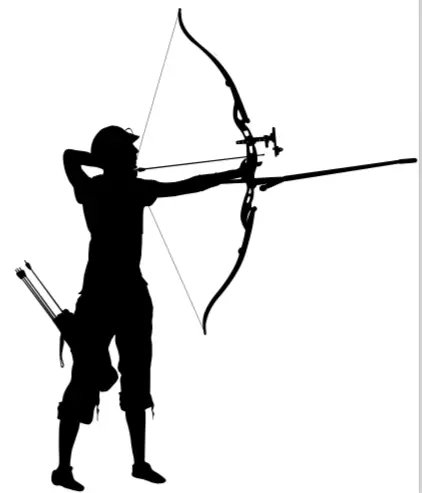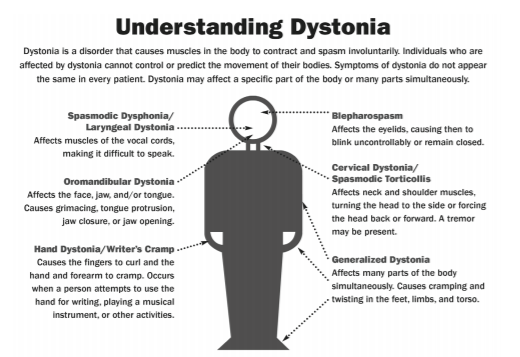


Tremor is a symptom of Parkinson’s disease. These movements are perfectly normal and are usually too small to notice. Everyone shakes a little bit when they move or stay in one pose for a while. It usually involves the arms and legs, but it can affect any body part. This type of tremor starts suddenly, often during stressful periods. Cerebellar tremors are caused by a stroke, tumor, or other condition that damages the cerebellum.

The shaking starts after you initiate a movement, like going to shake hands with someone. These tremors involve slow movements on one side of the body. Symptoms range from shaking to unusual postures. This tremor affects people with dystonia, a condition in which faulty messages from the brain cause the muscles to overreact. The trembling typically affects the arms and hands, but any part of the body can shake. This is one of the most common types of movement disorders. Join 1,000+ subscribers and sign up for my writing and editing email newsletter for more tips like this.Doctors classify tremors by their cause and how they affect people. You might stumble over your language sometimes-spoken or written-but don’t let it produce a quaver in your voice or a quiver in your typing fingers. So is there a link between the two? It’s hard to argue definitively to the contrary, but they are two different words that have been around for a long time. “Quaver” came to be as a verb also in the 1400s, from the Middle English word “quaven,” meaning to tremble. “Quiver” is related to the Old English word cwiferlice (sound it out and you’ll see the connection), and this word meant “zealously.” But “quiver” has been used with its present definition, at least as a noun, since the 1300s. This is another one of those “why, English language, why?” spelling differences, isn’t it? It starts getting a bit wild when you think about adjective and adverb forms of this words-”quivery” and “quiveringly” versus “quavery” and “quaveringly”-but they are all indeed distinct words. “quaver” – did you already know this difference? “Quaver,” as a verb, means to trill or have a tremble or vibration in one’s voice.“Quiver,” as a noun, is a reference to this tremble, or it can be a case for carrying arrows or sometimes even the collection of arrows themselves.“Quiver,” as a verb, means to tremble or shake, and it’s often related to fear or trepidation.They tremble sure, but “quiver” isn’t the correct word in this situation. One of the most common American typos in this area is to talk about someone’s “quivering voice.” Voices don’t quiver.

The word “quiver” can be tricky because it means different things-many of which are ready to be a part of an action-packed story-but it doesn’t mean everything you might think it does. Your arrows might sit at the ready, but what’s their location strapped to your back called again? (How’s that for a correct but slightly complicated sentence?) Cool, huh? Plus, these quiver tree quivers probably made many people quiver over the years. Does it ever quiver when flocks of birds leave its branches? Is there any legend about its quavering voice? I don’t think so, but the hollow stems of this massive variety of the aloe family have a long history of being used for arrow quivers. And then there’s the Quiver Tree, native to Africa, also known as kokerboom in Afrikaans.


 0 kommentar(er)
0 kommentar(er)
